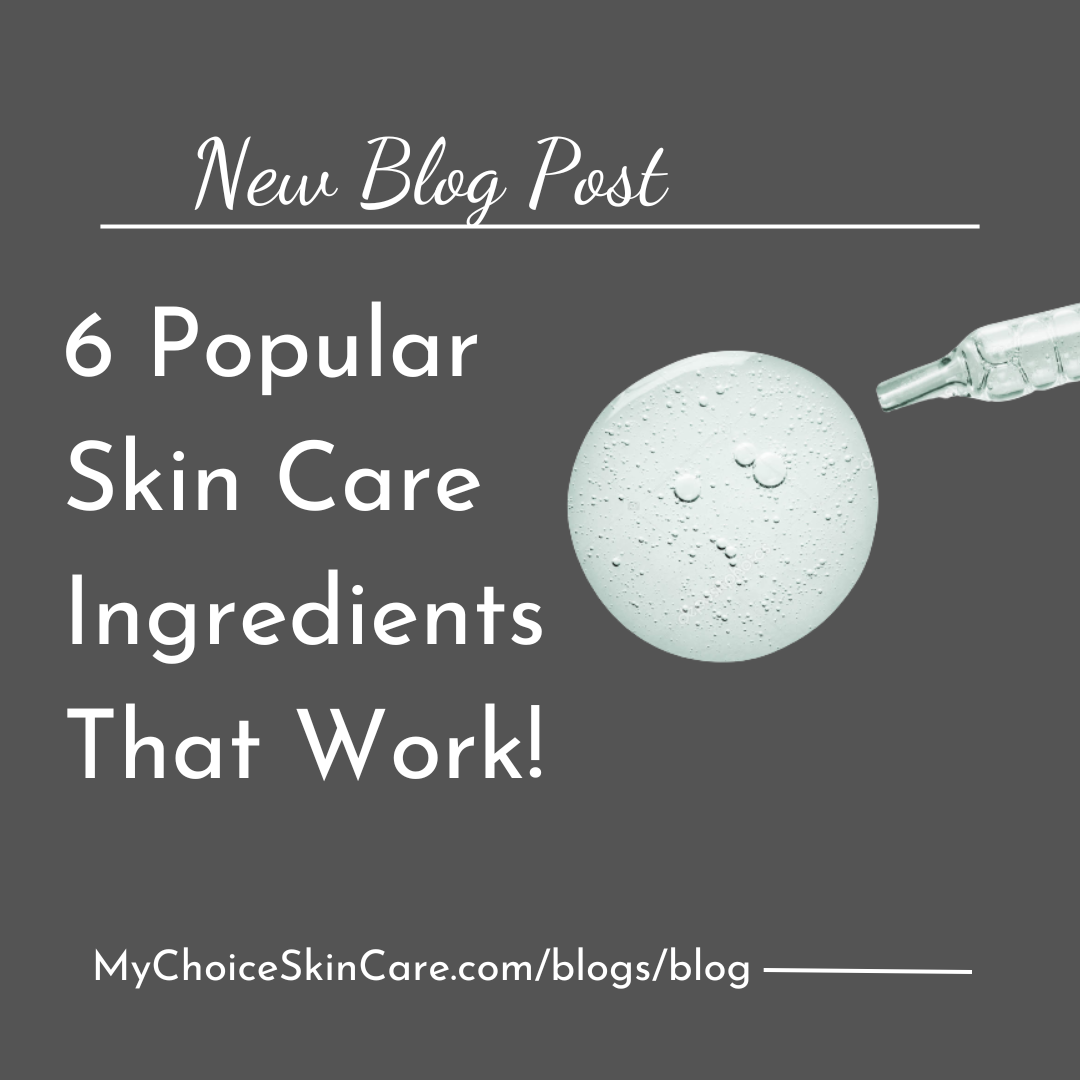You’ve seen skin care product ads and commercials selling you on their products and why you need them. But do you really? You might if you knew what the ingredients in it were for. Purchasing beauty products is for a purpose, not bought on a whim, at least I hope not. There are questions that you must ask yourself BEFORE you purchase any skin care products.
What are my skin goals? Meaning what am I looking to change about my skin. If it is more than one specific thing, then decide which is more of a priority.
Am I already including this in my daily skin care regimen? If it is not working, then ask yourself why it is not working.
Am I using it consistently?
Have I given it enough time to yield results?
Am I using it correctly, as directed by the manufacturer?
Is it the correct formulation for my skin type?
A lot of times consumers are looking for instant gratification and that’s not how skin care works. There is no such thing as a quick fix when it comes to skin care. So often people are buying more and more products and not giving the current product a chance to work. Rule of thumb, give a product at least 3 months to work. This is as long as it is not causing harm or irritation to the skin.
Do not continuously buy new products because this is counterproductive and you’re just wasting your money and your time. Commit to products for a minimum of 3 months and stick to a consistent skin care regimen. This is the only way to notice results.
Let’s dive deeper into some popular skin care ingredients and learn what they are used for.
- Retinol
This ultimate ingredient is used for so many skin concerns from exfoliating the skin, unclogging pores, treating acne, fades acne scarring, diminishes appearance of hyper-pigmentation, fine lines and wrinkles, skin texture, skin tone, skin complexion and color and improves skin’s hydration.
Retinol is derived from Vitamin A and has a molecular structure that is tiny enough to penetrate down to the lower layers of the skin where it finds and boosts collagen and elastin, which helps to strengthen the skin’s flexibility.
Retinol is found in a variety of skin care products but be cautious and only used as directed by the manufacturer. In some cases, skin may need time to build up its tolerance, especially when using stronger percentages or professional grade products. I recommend that products with this ingredient be used only at night, as it can make skin more sensitive to sunlight and UV rays. You must wear sunscreen daily when using products with Retinol.
- Niacinamide
A form of Vitamin B3 which your body needs to help maintain healthy-looking skin. This ingredient is great for helping retain moisture, boosting collagen production to improve skin’s texture, smoothness, reduce fine lines and wrinkles and helps brighten skin’s complexion while helping fade hyper-pigmentation.
- Hyaluronic Acid
All skin needs moisture, and this ingredient is ready to provide! H.A. helps to regenerate the lipids in the skin’s barrier (the outer most layer of skin) which helps the skin hold more water effectively. The skin’s barrier is then able to work to keep the cells in balance. Well-hydrated skin has a stronger defense against free radical damage and other environmental stressors.
If that wasn’t enough, it also can help to increase the moisture content in the skin, which can have many benefits such as having a more plump and smooth appearance, reducing the appearance of fine lines and wrinkles and improves healing within the skin.
- Vitamin C
Topical vitamin C is a favorite ingredient for many of us because it is one of the ingredients that helps to slow the sign of premature aging skin by helping to protect the skin from harmful UV rays and other environmental stressors. With age and sun exposure, collagen synthesis in the skin decreases, which leads to wrinkles.
Vitamin C helps to reduce fine lines and wrinkles, fade hyper-pigmentation, scars and help improve sun-damaged skin.
- Alpha-Hydroxy Acids (AHA)
These are glycolic, lactic, tartaric and citric acids. These AHAs can help reduce fine lines and wrinkles, fade hyper-pigmentation, sun damage, age spots, acne scars and treat acne. It is crucial that sunscreen be worn daily when using these products.
- Beta-Hydroxy Acids (BHA)
Salicylic Acid is mainly used to help remove dead skin cells to treat acne and can help improve the texture of the skin. It is crucial that sunscreen be worn daily when using these products.
There are a lot of ingredients that are on the market, but I only mentioned the most popular. I mentioned that it is crucial to wear sunscreen daily with these products, but sunscreen should be worn daily anyway no matter the weather. If you are spending money on skin care products and are looking to improve your skin, sunscreen should be the first product that you buy to protect the skin and prevent future sun damage. I recommend at least an spf 30 or better. I do have my favorite Tizo tinted spf 40 that I can’t live without.
If you are not getting the results that you want from your skin care products and want help from a Licensed Skin Care Specialist email me at info@lindsaysbliss.com
If you’d like me to talk about something specific or want to share your questions or thoughts leave a comment.
Remember skin care is a journey and I am here to help guide you 💕
Best,
Lindsay


